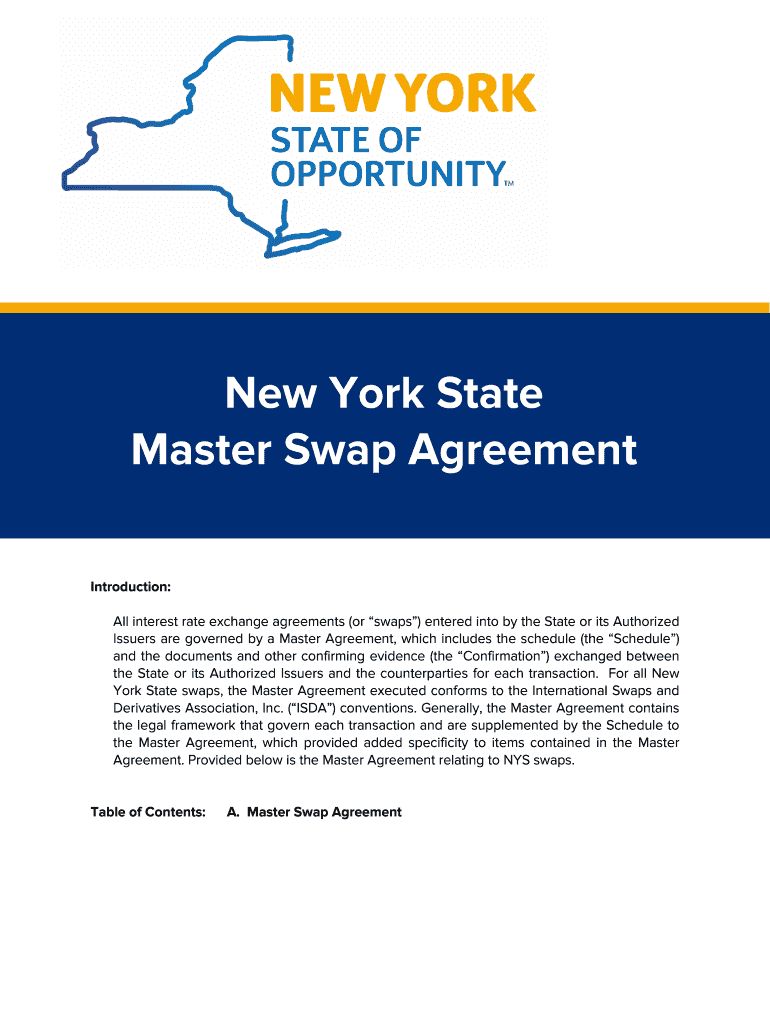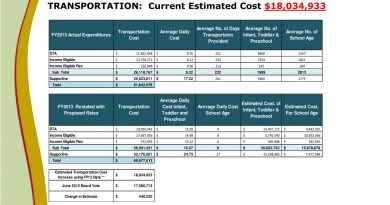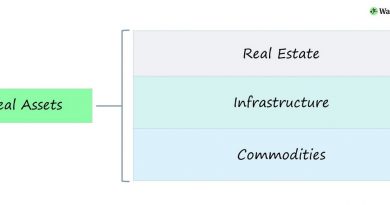Master Swap Agreement Meaning History Provisions

Master Swap Agreement: Meaning, History, Provisions
What Is a Master Swap Agreement?
A master swap agreement is a contract between two parties who enter a derivatives agreement traded over-the-counter (OTC).
Key Takeaways
A master swap agreement is a standardized contract between two parties who enter an over-the-counter derivatives agreement.
It was established by the International Swaps and Derivatives Association and is internationally recognized.
The agreement is commonly used between parties operating in different jurisdictions and when different currencies are involved.
Master swap agreements provide information on the parties, give them legal protections, and outline the terms of the deal.
Two versions exist: the original 1992 contract and an updated 2002 version.
Understanding Master Swap Agreement
The master swap agreement was established by the International Swaps and Derivatives Association (ISDA) in 1992 and is internationally recognized. It is used between parties operating in different jurisdictions and when different currencies are involved. The master swap agreement identifies each party, outlines the terms and conditions, and provides legal protections. It was updated in 2002.
Swaps are derivative contracts established between two parties wanting to execute transactions during a certain period. These instruments are traded OTC rather than on an exchange. Contracts are rarely traded by individual investors, which means the market is dominated by financial institutions and investment firms.
The International Swaps and Derivatives Association developed a standardized contract to streamline and provide structure to the agreement process. The organization was founded in 1985 to make the derivatives market safer and more efficient. It provides documents to reduce risks associated with these financial instruments and increase transparency.
One of these documents is the ISDA’s master swap agreement. This contract standardizes agreements between two parties who agree to exchange swaps. Since these transactions are executed OTC, there’s a greater chance of default. The contract outlines information including the parties, terms and conditions, payment, events of default, termination details, and other legalities of the deal.
The document was standardized to help parties entering agreements, especially when operating in different jurisdictions. It also provides provisions for transactions involving different currencies.
Signing a master swap agreement makes it easier for the same parties to engage in additional transactions in the future based on the initial agreement.
Although parties are not required to enter into the ISDA’s master swap agreement to execute trades on swaps, they can enter into this derivatives agreement initially without signing a contract.
If they choose this route, both parties agree to a vanilla ISDA agreement without any special addendums. This agreement does not provide special protections, but they are required to sign a confirmation promising to negotiate an ISDA agreement within 30 to 90 days.
History of Master Swap Agreements
The 1992 master swap agreement is known as the Multicurrency–Cross Border agreement. It was updated in 2002 to include provisions such as damages, interest, and compensation, and to shorten grace periods from the earlier contract.
Both versions are commonly used by members of the ISDA. The 2002 version is known to be lengthy, with as many as 28 pages.
Contracts and related materials are available to ISDA members for $150 and non-members for $350.
Provisions of Master Swap Agreement
Both the 1992 and 2002 master swap agreements are divided into 14 sections. These segments outline the basis of the relationship between each party.
The sections provide provisions for situations such as bankruptcy declarations of at least one party and the closing or termination of derivatives contracts.
The 2002 version of the agreement includes new provisions, including eight default events and five termination provisions if one or both parties default on the contract.
The ISDA also provides a special schedule for parties wanting to make changes to the standard terms of the master swap agreement. This negotiation process can take up to three months, depending on the complexity and willingness of each party to cooperate.



